Why sudden job losses put people at risk of bankruptcy
Roths Child Law
MARCH 15, 2023
Especially when someone has a relatively successful career, the sudden loss of their job could put them at elevated risk of personal bankruptcy. Why do some people end up filing for bankruptcy after losing their jobs?

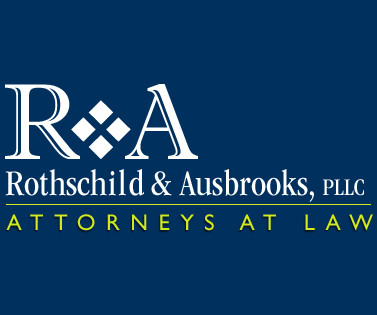



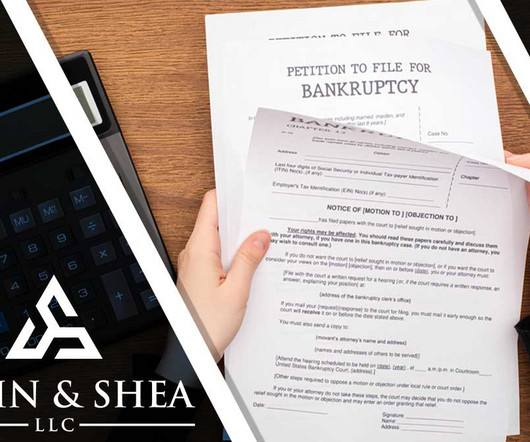






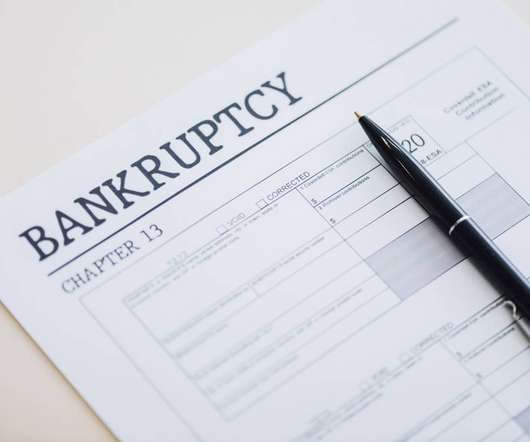





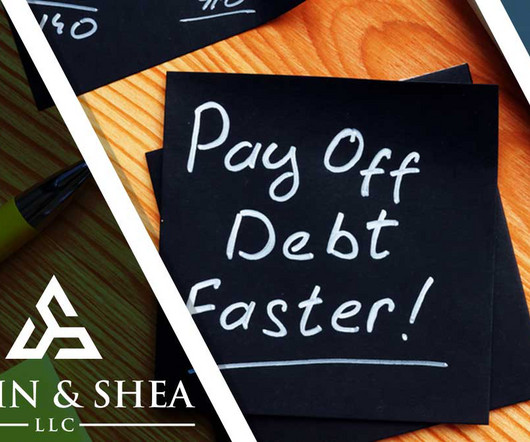

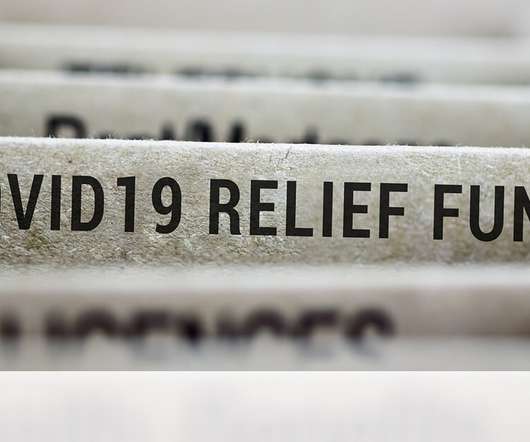








Let's personalize your content